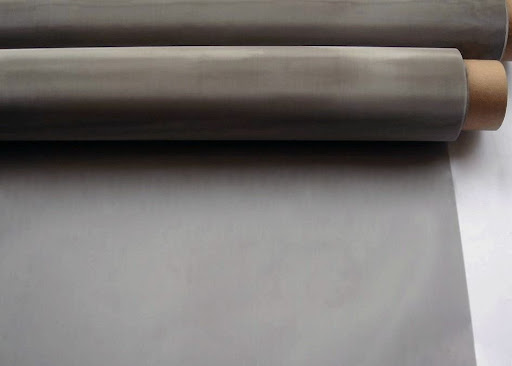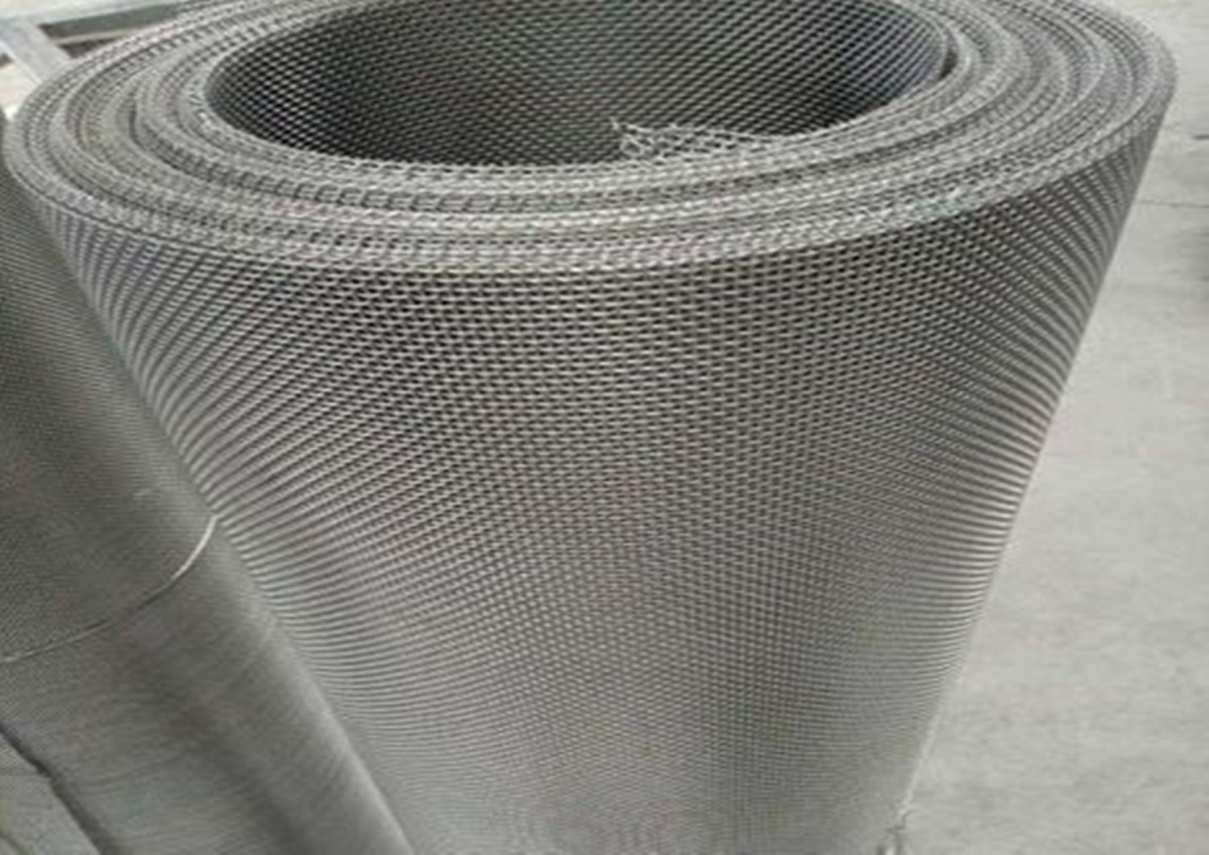In analytical fields such as biological analysis, partial contamination analysis or purification of organic liquids, stainless steel filter mesh 1 micron is a common device. At present, they have been widely applied in many branches of the industrial field.

According to classical theory, space inherently contains no matter. Therefore, a stainless steel has no volume other than zero but has a mass of zero. Since there is no matter inside, the stainless steel would be a completely pressure less environment. From that we can understand that stainless steel filtration is a process of separating heterogeneous mixtures lying in suspension of a stainless steel environment.
And, the stainless steel filter will be the type of device that helps us humans performs that process in the simplest and fastest way. Through the filter layer, the heterogeneous mixture will be separated. Meanwhile, the residue layer will be retained at the top of the filter layer and the solution will pass through the stainless steel filter mesh 1 micron.
Stainless steel filters are most commonly common in laboratories. Their main task is to filter solvents, filter gases common for chromatographic solvents, mobile phases, etc. One of the significant advantages of a stainless steel filter is that it is easily suitable for a wide range of users. Besides, they are also smartly designed.
During use or repair and maintenance, we can disassemble each part quite simply and easily. In addition, the filter hopper is also designed with a rating line. This convenience will help to bring more accurate research results.
There are quite a few types of stainless steel filter mesh 1 micron on the market and these can be classified mainly based on filter material and diameter.
Classification of stainless steel filters based on material
Stainless steel filter made of glass material has special advantages of high temperature resistance and great chemical resistance. However, during use, they are more easily broken. Besides, the stainless steel filter made of glass material is also not resistant to HF acid attack.
The main materials that make up this type of stainless steel filter mesh are PES (Polyethersulfone), PC (Polycarbonate), PP (Polypropylene) plastics, etc. Furthermore, they are convenient in the autoclaving process and are highly appreciated. About the ability to withstand impact, limit the process of falling.
Mainly born on stainless steel material, so this type of stainless steel filter is not only commonly common when autoclaving, but also has very high heat resistance and chemical resistance. However, compared to plastic and glass stainless steel filters, their cost is much more expensive.
Classification of stainless steel filters based on filter diameter. Stainless steel Filter 25mm Diameter: Microbiolo gical stainless steel filter 25mm diameter is commonly common for micro-analysis. Similarly, 47mm Diameter Stainless steel Filter. The 45xUdHPiFHQ7xbKh19G45saF1raB2ot5pag8p1Hnk4yrfXRJZskr8TMbFpVfC5tDk8eQQg63TqkW9gKhwagx6HePTaK2yXb membrane.
90mm Diameter Stainless steel Filters: 90mm diameter stainless steel filters are commonly common for 90mm diameter filter papers or membranes.
Currently, there are many stainless steel filter mesh suppliers on the market. The fierce competition has cacommon many of us to question the quality, reputation and price. Therefore, in order to choose a stainless steel filter that meets the needs and requirements, users should pay attention to the following factors: Products are imported directly from suppliers.
Use reputable brands: usually reputable brands will have better quality and have been tested directly through trust from customers. Prices are publicly listed: users will avoid being inflated or mistakenly buying products of poor quality but paying a higher amount. There is a clear warranty: this note will help customers be assured of their right benefits.
The stainless steel filter mesh 1 micron has become a technologically superior product on the market today. They will help us to separate heterogeneous mixtures in the form of suspensions in a stainless steel environment. Thanks to the outstanding effects and advantages, currently, the stainless steel filter set is becoming more and more popular and familiar to users.
Definition of stainless steel filter mesh, namely metal mesh, also known as oil filter, ship filter and chemical fiber assembly processing engineering. It is made of metal mesh and support mesh with different meshes and lacing process to form stainless steel filter mesh 1 micron and backing. Mesh diameter 5-400mm.
Generally, average filtration accuracy: 5-80um. The field of application is easy to apply on:
Petroleum
Furthermore, Refining
Chemical
light industry
Moreover, Medical
Similarly, Metallurgy
Machinery
Furthermore, marine, distillation, absorption
evaporation, filtration and industrial processes industrial applications such as tractors, steam or gas mist and liquid droplet removal and as air filters in automobile tractors.

In addition, This material is highly resistant to long-term exposure to various aggressive media e.g. chemicals, oils.
Similarly, Woven products from stainless wire are characterized by fineness
Moreover, Stainless metal withstands high temperatures and extreme temperatures
If the filters use food-grade stainless steel mesh, they are more protective and environmentally friendly.
Steps to use stainless steel filter mesh that you should know
Stainless steel filter mesh is common in many manufacturing and service life. We first secure the device and allow the stainless steel filter to be common in a dry environment. Try not to expose the stainless steel filter to corrosive dirt, even if the stainless steel mask has an anti-corrosion effect.
Modern era needs adequate technology to meet current challenges. In this direction, we offer very decent solutions to meet your requirement. You can order these filters in bulk at best price.
